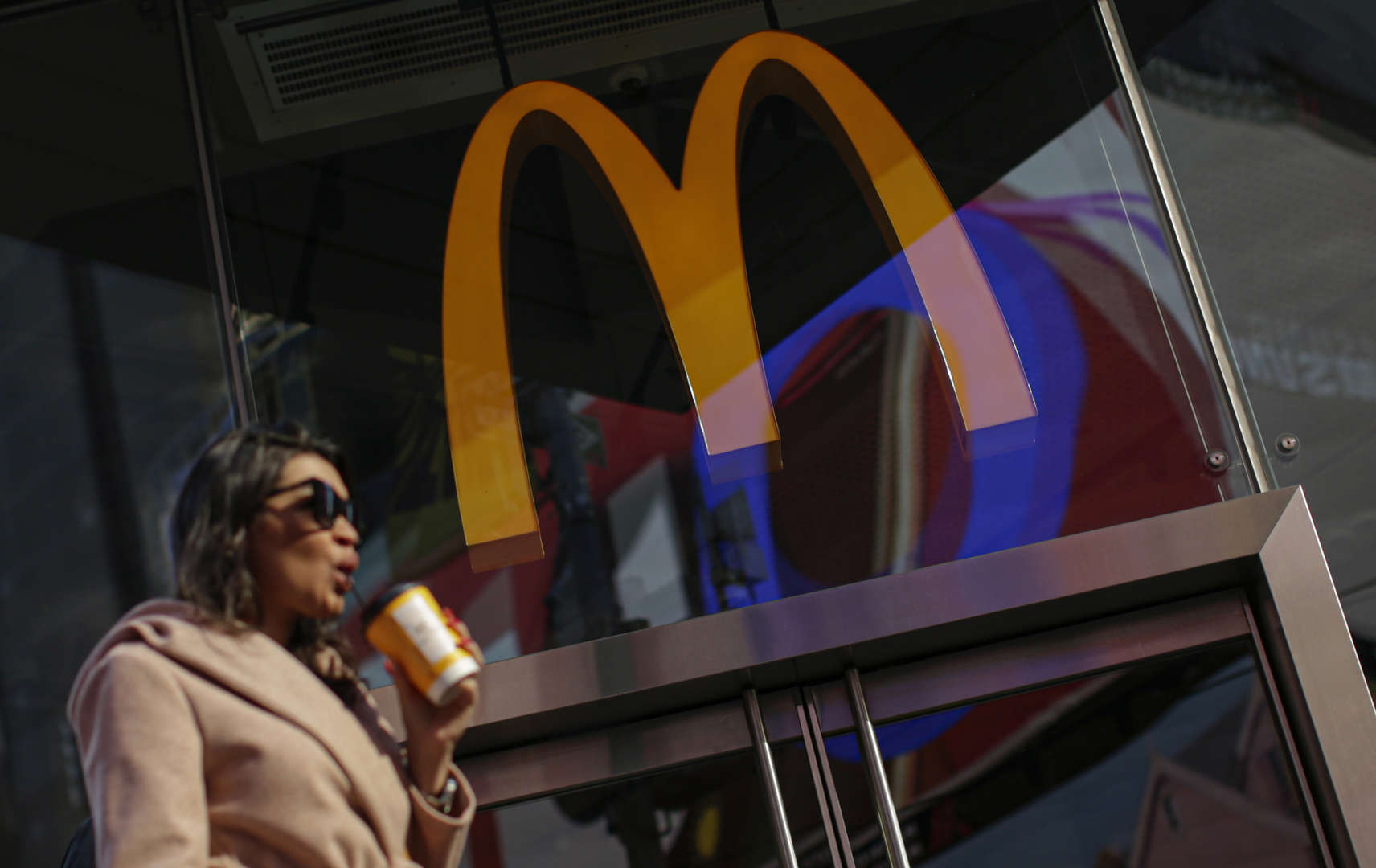McDonald’s announced a $250 million, five-year initiative Wednesday to increase the number of minority-owned franchisees across the restaurant chain in the U.S.
The program will seek to reduce upfront equity requirements and provide alternatives to traditional financing to help new franchisees from historically underrepresented groups join the McDonald’s restaurant system, the company said.
“During a period of record performance, we must challenge ourselves — even more — to invest in the future,” McDonald’s President and CEO Chris Kempczinski said in a news release. “Today’s announcement to attract franchisees who represent the diverse communities we serve is fundamental to that goal and builds on McDonald’s rich history and pride in reflecting those we serve.”
Chicago-based McDonald’s has 39,000 restaurants worldwide, including 14,000 in the U.S., of which 93% are franchised. The fast-food giant said Asian, Black and Hispanic owners represent 29.6% of its U.S. franchisees, while women account for 28.9%.
The minority franchisee initiative will increase recruiting efforts for underrepresented entrepreneurs, many of whom may have limited access to capital, the company said. McDonald’s also will reduce upfront equity requirements for eligible candidates and leverage its network of banking partners to increase access to financing.
“Access to capital continues to be a challenge in closing the wealth gap in the U.S. — particularly for minority entrepreneurs,” said Nicole Elam, president and CEO of the National Bankers Association, which is working with minority-owned banks to help capitalize franchisee candidates.
McDonald’s is among a number of major companies that have been calling for greater diversity and inclusion following the May 2020 death of Black resident George Floyd under the knee of a White Minneapolis police officer, and the widespread civil unrest that followed.
In July, McDonald’s pledged to increase its purchases from diverse-owned U.S. suppliers to $3.5 billion, or 25% of its annual spending, by 2025.
But increasing diversity within its own company has been a long-simmering issue for McDonald’s.
An August 2020 discrimination lawsuit brought by 77 Black former franchise owners alleges McDonald’s steered them to less profitable restaurants and didn’t give them rent relief and other financial support made available to white franchisees. The lawsuit alleges there has been an exodus of Black owners in recent years and that less than 200 Black franchisees remain in the McDonald’s chain.
In January 2020, two Black executives at McDonald’s filed a lawsuit against the fast-food giant, alleging they were passed over for promotions, subjected to a hostile work environment and ultimately demoted due to “pervasive” racial discrimination.
Both lawsuits are ongoing in Chicago federal court.
McDonald’s is also grappling with fallout from April texts sent by Kempczinski to Chicago Mayor Lori Lightfoot that appeared to blame the deaths of a Black girl and a Hispanic boy, both of whom were fatally shot earlier this year, on their parents.
Kempczinski texted “the parents failed those kids,” referring to 7-year-old Jaslyn Adams, who was shot in the drive-thru lane at a McDonald’s in the Homan Square neighborhood, and 13-year-old Adam Toledo, who was shot by a Chicago police officer during a foot chase in Little Village.
Released through a Freedom of Information Act request, the texts sparked calls for Kempczinski to resign. The McDonald’s CEO apologized at a November town hall and through a video sent to employees, suppliers and franchisees. He also hosted a meeting Nov. 16 with 100 pastors and community leaders at a South Side church to express his contrition.





